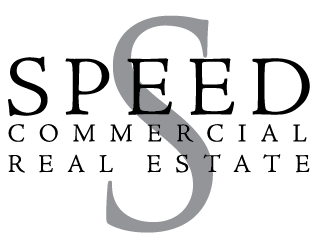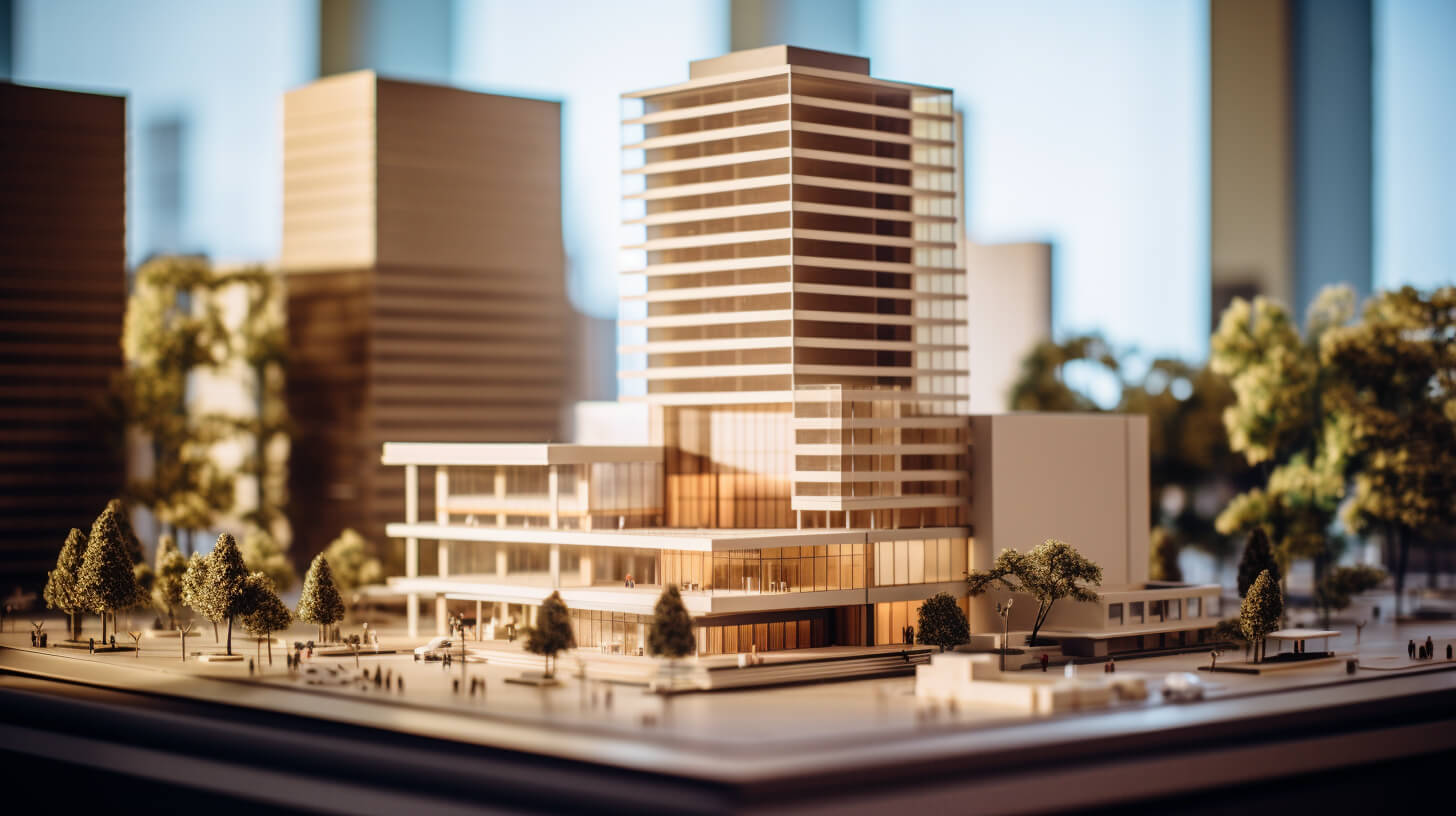Signing a commercial lease is a huge decision. There are a number of factors that are particularly important, and top of the list is the length of your lease. Most residential leases go year to year, and negotiating a longer lease is often to your benefit. Commercial leases are different animals. They tend to last for a longer period of time, and there are advantages and disadvantages to short- or long-term leases.
How Long is a Typical Commercial Lease?
Commercial leases can run anywhere from one to ten years. Short-term leases are less common, and landlords prefer to sign long leases. It is often a challenge for them to fill the space when a tenant moves out, especially for storefronts and offices where heavy remodeling can be required before a new tenant can move in.
The length of the lease can affect what kind of deal you can get in a variety of areas, not just the amount of rent you pay or how much it will increase. Negotiating the length of a lease is a bit of a balancing act between your needs and your landlords’.
Advantages of a Short-Term Commercial Lease
A short-term lease (three years or less) makes sense for some businesses. It has a number of advantages for the tenant (and few for the landlord). The two biggest are:
- You are not locked into a lease if your business fails. Even if you go out of business, you are still on the hook for rent for the rest of the lease term.
- You have more flexibility if the needs of your business change. You may need more space, or you may find you actually rented too much space.
A short-term lease can often, but not always, be renewed when the term is up if your business is doing well, but you have the ability to walk away easily if things are not going the way you planned. If the kind of space you need is easy to find and relatively small, it’s a low risk; you may have to move, but should easily be able to find a new space for your business.
Advantages of a Long-Term Commercial Lease
There are also advantages to signing a longer term lease, which include:
- Being able to stay in a space for longer without having to worry about moving.
- Many landlords will give concessions to tenants willing to sign longer term leases.
- You don’t have to refit your space as often or pay the costs of moving to a new location if your lease expires and either cannot be renewed or becomes unaffordable.
From this, you can see that there are trade-offs. Whether you want a short or long-term lease depends on the type of business you are running, the kind of space you need, and how established your business is.
For the most part, you want to sign a short-term lease for your first commercial space, when you are not sure whether you have a good business idea.
For offices, warehouses, and other businesses for whom location is not that important, short-term is better. This is especially true if there is a lot of suitable space on the market in your area.
However, if you are renting a storefront or a restaurant and are able to snag a particularly good location, then keeping that location may be worth the risk of signing a longer lease. Customers who get used to an outlet being in one place are often resistant about moving to a new location. Depending on patterns of foot and vehicle traffic, they may have problems finding your new place, which can result in customers going elsewhere. This is less of a concern for, say, a medical office than it is for a restaurant.
Alternatives and Compromises
It’s worth remembering that every aspect of a commercial lease is up for negotiation. Residential landlords tend to have standard leases from which they will not budge. Commercial landlords will negotiate every single clause, and will generally start by inflating everything, including the length of the lease.
Because of this, you may be able to negotiate a non-standard lease length. One good alternative, especially for stores and restaurants, is a short-term initial lease with the option to renew. There will generally be a rent increase on renewal, and some landlords may charge a fee for this option. If you are worried about your business’s survival, then a one or two year lease with an option to renew for three to five more years can be a perfect option.
Note that a long-term lease does not spare you rent increases; they are generally baked into the lease. However, they can spare you nasty surprises when you approach the landlord to renew. (Most landlords would prefer a tenant renew. But, it’s not uncommon for them to hike the rent at this point, especially if you have negotiated an agreed cap on increases during the lease term).
Another advantage of a long-term lease is that it often makes landlords more willing to help cover part of the cost of necessary improvements and changes to the space.
One Final Consideration:
If you have special needs or need a lot of space, expect to sign a longer lease. Landlords are more likely to demand them. And, the risk of being thrown out of your space is much higher if your needs can’t easily be met elsewhere. It is also much harder to walk away when negotiations go poorly.
In short, the best length for a commercial lease depends on the risk you are taking. This is directly related to how new your business is, the kind of space you need, and whether the market in your area favors landlords or tenants. This is a complex process, and is only part of what you need to negotiate in a new lease; you also have to worry about who pays what in terms of utilities and damage to the building. For most people, especially those starting new ventures, it’s best to have a professional help you negotiate the maze (like one of our commercial real estate brokers) and get the best lease terms, including length, for your business.

